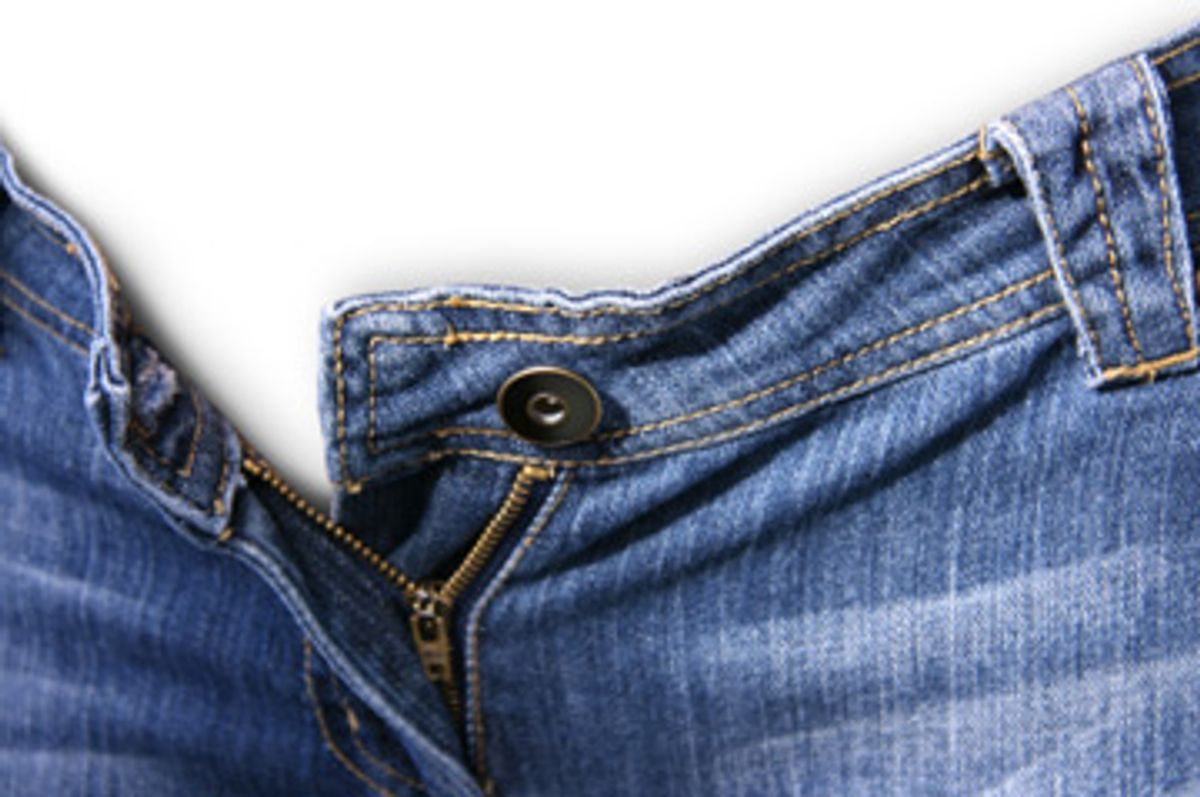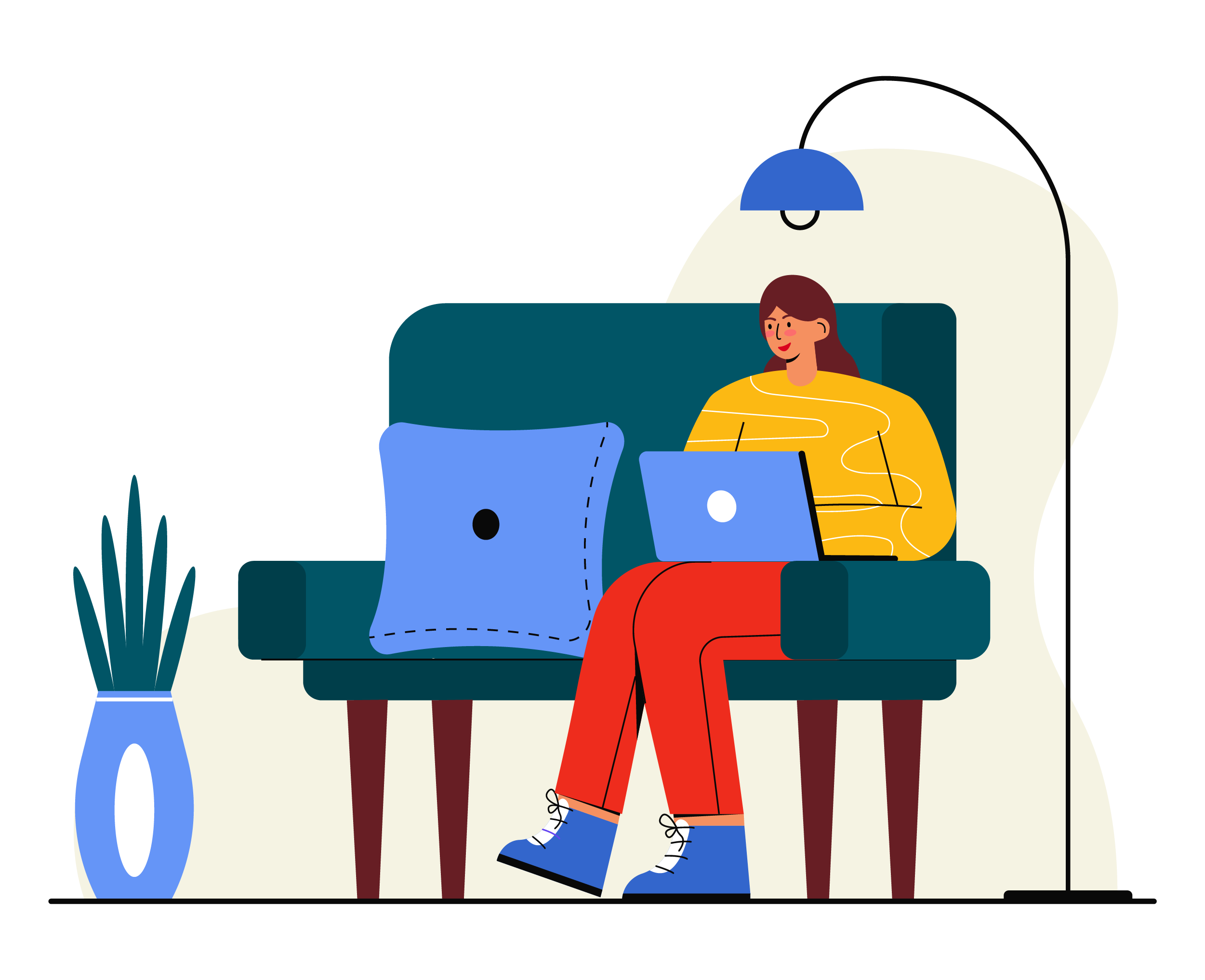Twenty-something Anna Broadway has known many men -- so many, in fact, that she's given them each an easy nickname, like Singapore Fling, Sugar Daddy, Internet Date and Married Man. She's met them on Craigslist, through online dating sites and at singles bars. Broadway sounds a lot like your average member of the "hookup" generation, save for one detail: None of these men have made it into her bed. That's because, as Broadway writes in her memoir, "Sexless in the City," she's saving herself for marriage.
Broadway's G-rated memoir is just one of a slew of books about chastity released in time to make everyone's list of hot summer reads ... for those planning a vacation in the Arctic Circle. The onslaught started in the spring with "Sex and the Soul: Juggling Sexuality, Spirituality, Romance and Religion on America's College Campuses," which reports that all but marriage-minded evangelical students are sleeping around -- and attending Pimps 'n' Hos parties -- in hopes of meeting that special someone. Next came "The Purity Code," a book for Christian teens detailing "God's plan for sex and your body." The catalog climaxes this week with the Aug. 1 release of "Hooked: New Science on How Casual Sex Is Affecting Our Children." (Hint: Cataclysmically.)
These books are just the latest result of the mounting abstinence movement, which, despite its religious roots, has recast its attack on "hookup" culture as secular, even feminist. The term "hooking up" -- meaning anything from kissing to casual sex -- can be traced back to the early '80s, but only within the past few years did the hand-wringing really begin. Former Washington Post reporter Laura Sessions Stepp spent years detailing so-called collegiate mating rituals -- often lamenting a tendency among young women toward boozed-up hookups instead of cross-legged gatekeeping -- which culminated in last year's retro revitalization, "Unhooked: How Young Women Pursue Sex, Delay Love ...




Shares